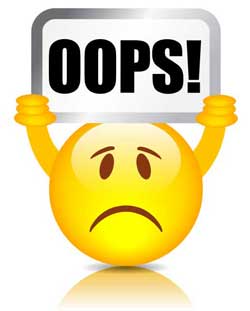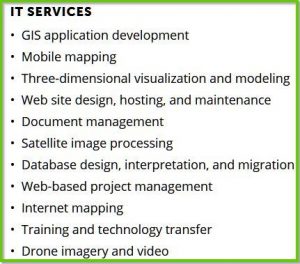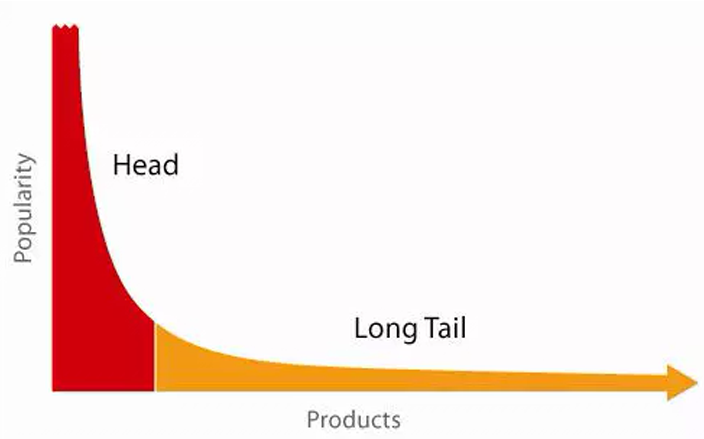Things Small Business Owners Should Know About SEO
In a world that is fully immersed in the Internet, it sounds just about right that small business owners now recognize the value of having a website. Many of them, however, haven’t come anywhere near to optimizing their sites. Some of them may have never even heard about SEO or search engine optimization.
SEO is an assortment of techniques that anyone with a website can use to enhance their rankings in the search results of Google and other search engines. It works around the premise that the higher your pages rank in the search engine results pages or SERPs for keywords that are most relevant to your business, the better their chances of getting clicked by search engine users. With more people clicking on the links to your pages, the more organic traffic you get, generating leads and potentially, conversions for your business.\
Here are more things small business owners should know about SEO.
Mobile SEO is a must.

To say that optimizing your website for mobile devices is important would be an understatement. If anything, mobile SEO is critical, especially when there are now more people browsing the Internet using smartphones and tablets than those who do it on desktop computers. And with Google now basing its rankings and search listings on mobile versions of websites with the Mobile First Index, optimizing for mobile has become imperative for all small business owners who run websites.
The things you can do to optimize for mobile include ramping up page loading speed, making sure your text is large and legible enough so there’s no need to zoom in, and using images sparingly, among other things.
On-Site and Off-Site SEO
On-site SEO is about the things you can do within your website to make Google notice it. Adding meta tags, writing meta descriptions, using the appropriate keywords and phrases, and creating unique, informative, and engaging content are some of the on-site SEO activities you can do.
Meanwhile, the things you do outside the website like guest blogging, submissions to article directories, and social media engagements are some of the off-page efforts you need to make, often to get quality backlinks, which are among the top ranking factors set forth by Google.
White and Black Hat SEO

On the other side of the coin are methods and actions that are unethical and not in keeping with the standards set by search engines, and they are appropriately called black hat SEO.
Among the black-hat SEO techniques that could get you on the bad side of search engines are keyword stuffing, spam comments, invisible text, link buying, and duplicate content.
Interestingly enough, these techniques used to be the norm in SEO for many years since its advent a couple of decades or so ago. Despite having low-quality backlinks and spammy, duplicate, or useless content, many websites topped the SERPs without fail while relegating those with so much more to offer to the bottom pages of search results.
Thankfully, Google made earthshaking alterations to its algorithm a few years ago which have changed the face of SEO since. What used to be routine SEO practices have become black hat SEO, and anyone caught using them will be facing penalties that lead to a significant drop in rankings and traffic.
SEO is a long-term game

Once you hit your ranking goals, you must not rest on your laurels. Keep in mind that you have competitors, and they’re all working hard to get the top spots for specific keywords for themselves. If you slack off on your SEO efforts, then don’t be surprised to find your competition occupying the number one spot in the SERPs one day, and your site is nowhere to be found.SEO has been around for some time now. It’s not yet an exact science, and there’s still so much to learn especially since it’s an ever-evolving field. If you’re thinking about optimizing your website, then learn what you can about SEO, and never stop learning.
About our guest blogger



 SEO Mistakes Are Easy
SEO Mistakes Are Easy Your audience is people: current and future customers or clients. But out of zeal to achieve high visibility in Google, many small business owners focus on Google instead of on their customers.
Your audience is people: current and future customers or clients. But out of zeal to achieve high visibility in Google, many small business owners focus on Google instead of on their customers. It’s natural to want to focus your SEO on search phrases that people search for a great deal. Optimizing for a phrase that people search for hundreds of thousands of times a month instead of phrases that people search for 20 or 30 times a month. The problem with that is that such keyword phrases are usually way too competitive for a small business to compete with.
It’s natural to want to focus your SEO on search phrases that people search for a great deal. Optimizing for a phrase that people search for hundreds of thousands of times a month instead of phrases that people search for 20 or 30 times a month. The problem with that is that such keyword phrases are usually way too competitive for a small business to compete with. Too often small business owners want to keep their pages short and “punchy”. You may recognize that people don’t have the patience to read a great deal of content. The Internet expression TL:DR has become popular lately. It means “Too Long: Didn’t Read”.
Too often small business owners want to keep their pages short and “punchy”. You may recognize that people don’t have the patience to read a great deal of content. The Internet expression TL:DR has become popular lately. It means “Too Long: Didn’t Read”. This is a critical error I see a lot. In order to present the website from growing too large, a business will include a page titled Services. On that page they may have a bulleted list of all the different things that they do, possibly with a sentence or two of description about each of them. This is an all-too-common small business SEO mistakes we see often.
This is a critical error I see a lot. In order to present the website from growing too large, a business will include a page titled Services. On that page they may have a bulleted list of all the different things that they do, possibly with a sentence or two of description about each of them. This is an all-too-common small business SEO mistakes we see often. This is understandable. As a small business owner, you probably know little about
This is understandable. As a small business owner, you probably know little about  Your search rankings are going to bounce around a bit, and that’s inevitable. But if you’re not paying attention to them, and your rankings begin to slide, you may not notice it in your revenue numbers until much later.
Your search rankings are going to bounce around a bit, and that’s inevitable. But if you’re not paying attention to them, and your rankings begin to slide, you may not notice it in your revenue numbers until much later. 




 Your customers want to be told about the benefits of your products, not the features. In this great example, the customer is told that The Fit Boxx will provide them with the key fitness products they need “and more.” Not only that, the brand will deliver to their door.
Your customers want to be told about the benefits of your products, not the features. In this great example, the customer is told that The Fit Boxx will provide them with the key fitness products they need “and more.” Not only that, the brand will deliver to their door. There are a number of top tips to writing a CTA that will give you a great meta description:
There are a number of top tips to writing a CTA that will give you a great meta description:
 I often explain that despite the “Magic” in our company name, SEO isn’t magic, and there really should be no secrets about how it works. Nevertheless, it does require a little shift in how you think about your website to understand what works and why. Small business SEO mistakes can be pretty easily avoided if you know what they are.
I often explain that despite the “Magic” in our company name, SEO isn’t magic, and there really should be no secrets about how it works. Nevertheless, it does require a little shift in how you think about your website to understand what works and why. Small business SEO mistakes can be pretty easily avoided if you know what they are.

 Just about anything you do on a website specifically for Google, is likely to fail to address the needs of your customers. As Google has improved over the years, it’s gotten very smart about identifying websites that are helpful to users as opposed to being focused just on Google. It’s important to bear in mind that the user experience on a website is a ranking factor at Google.
Just about anything you do on a website specifically for Google, is likely to fail to address the needs of your customers. As Google has improved over the years, it’s gotten very smart about identifying websites that are helpful to users as opposed to being focused just on Google. It’s important to bear in mind that the user experience on a website is a ranking factor at Google.
 We all think our website copy is going to make us irresistible and will make users reach out to us without us having to ask. We’re delusional about that.
We all think our website copy is going to make us irresistible and will make users reach out to us without us having to ask. We’re delusional about that.
